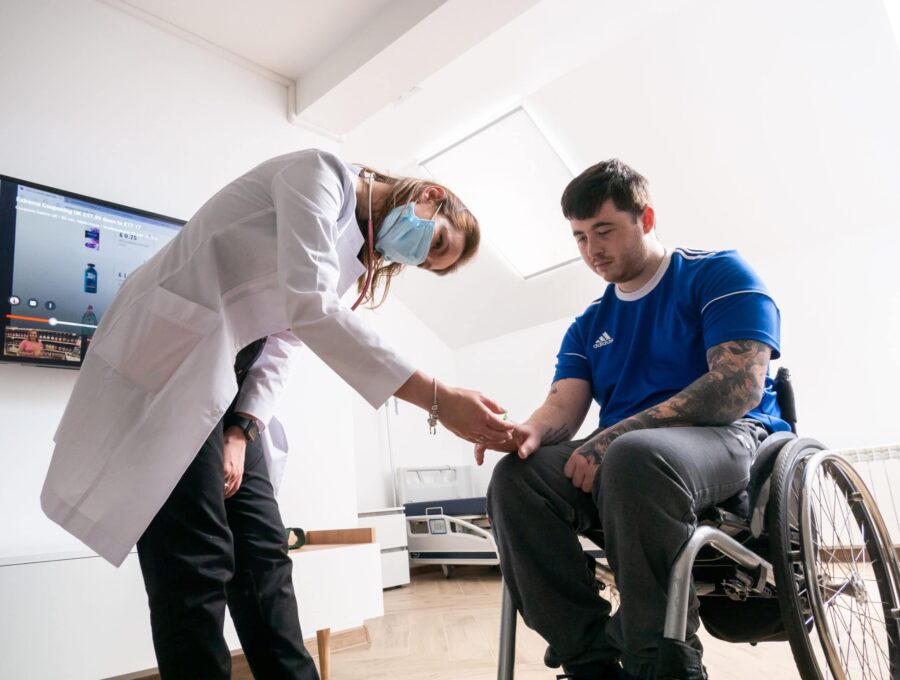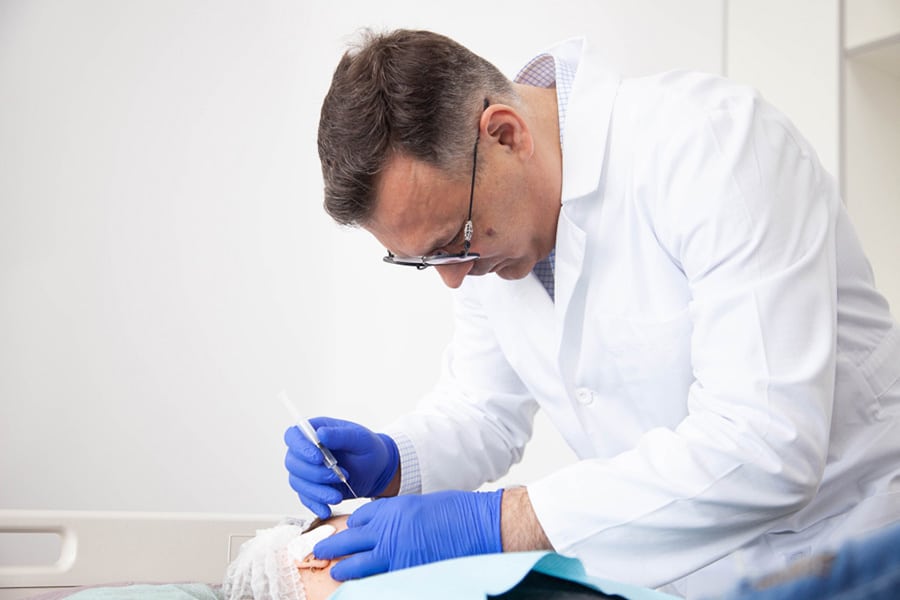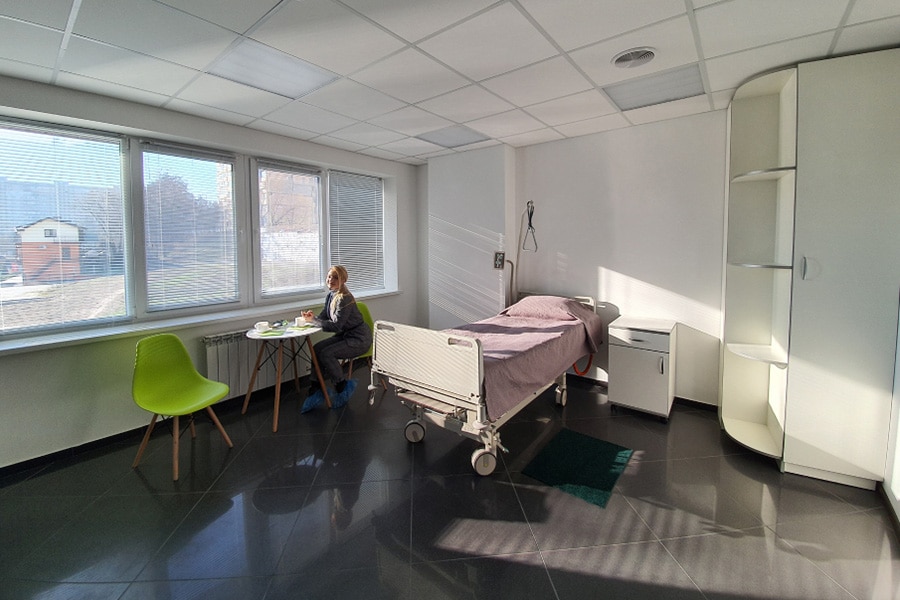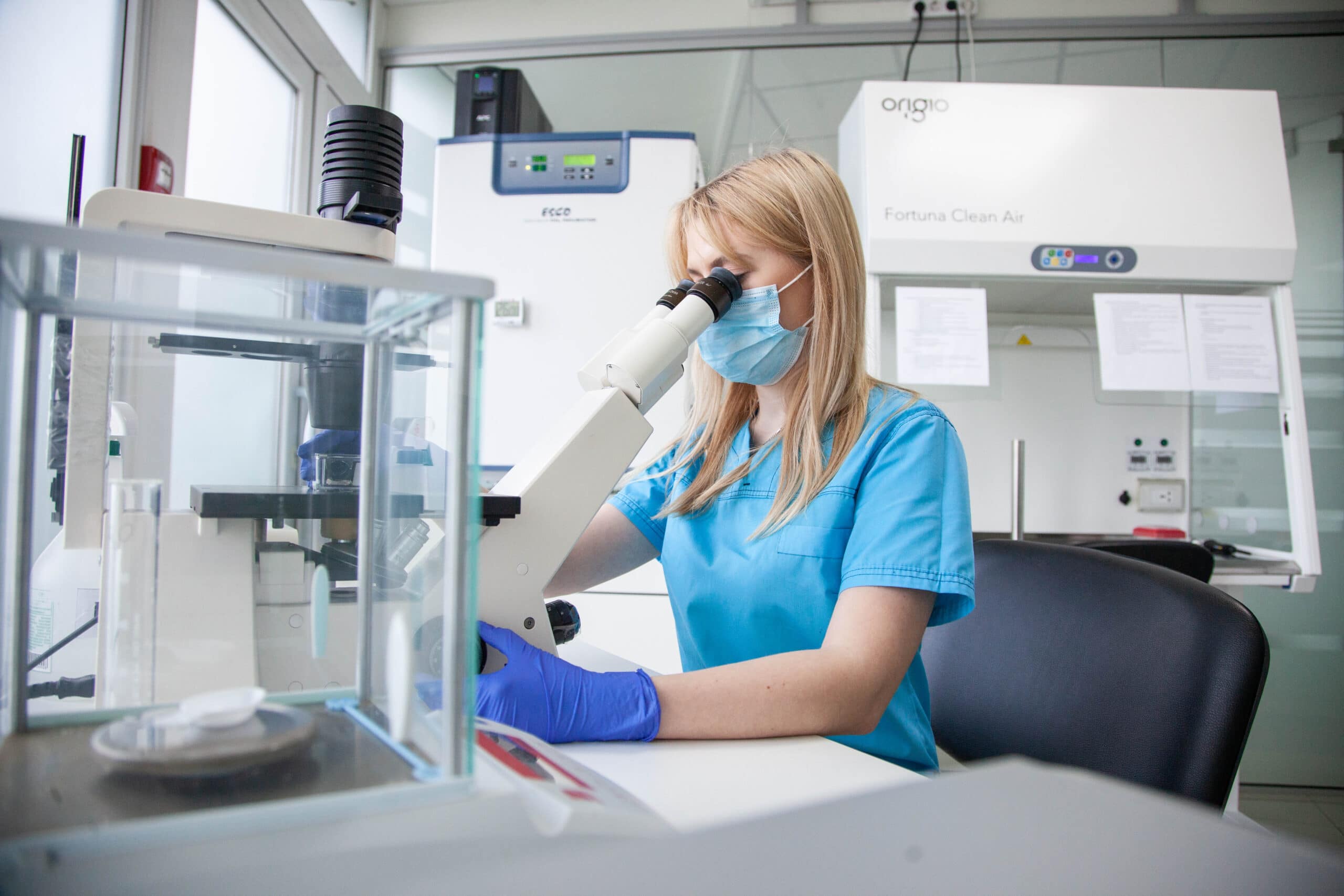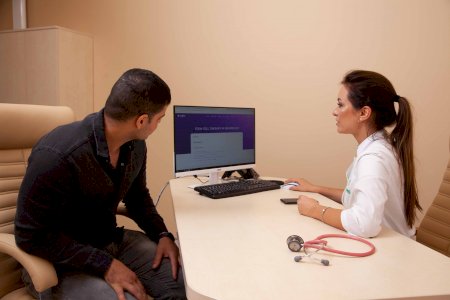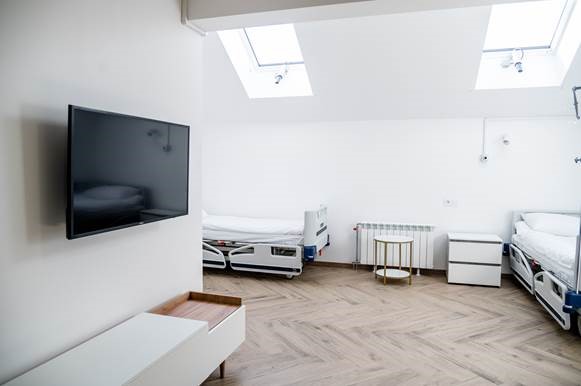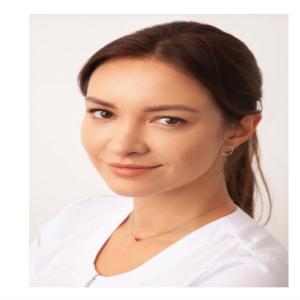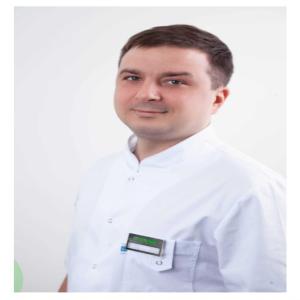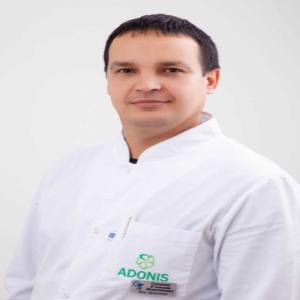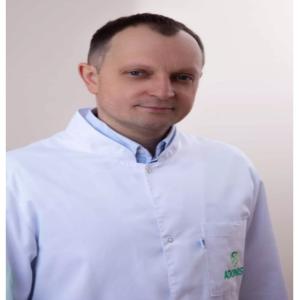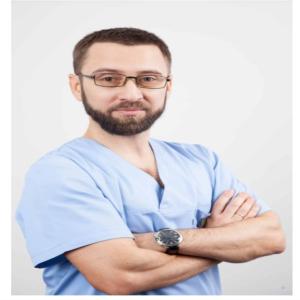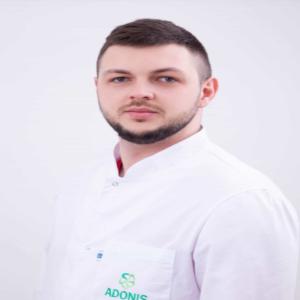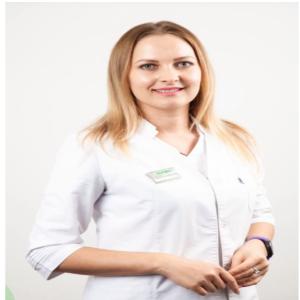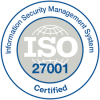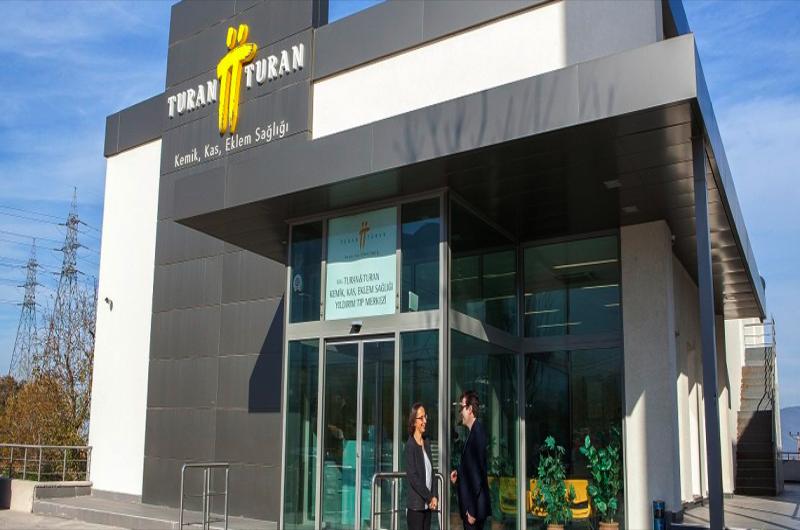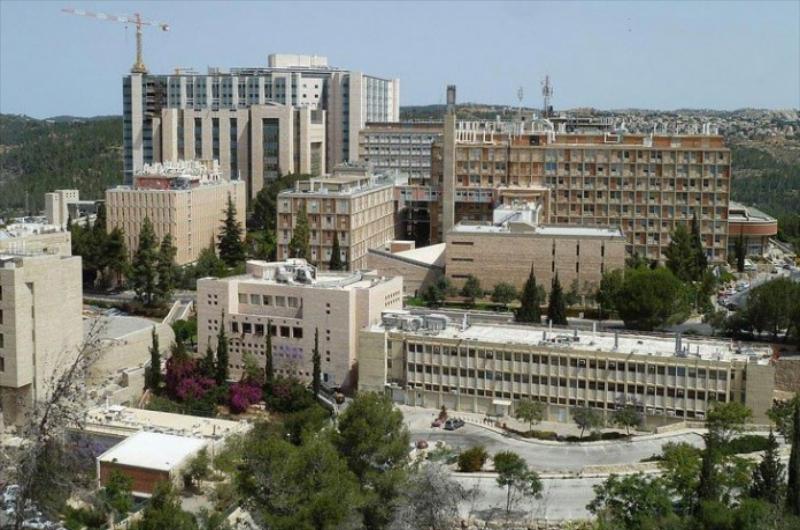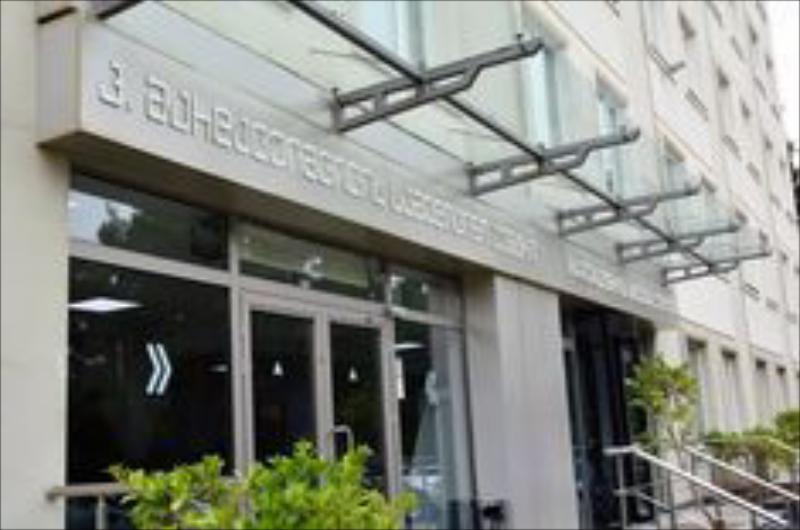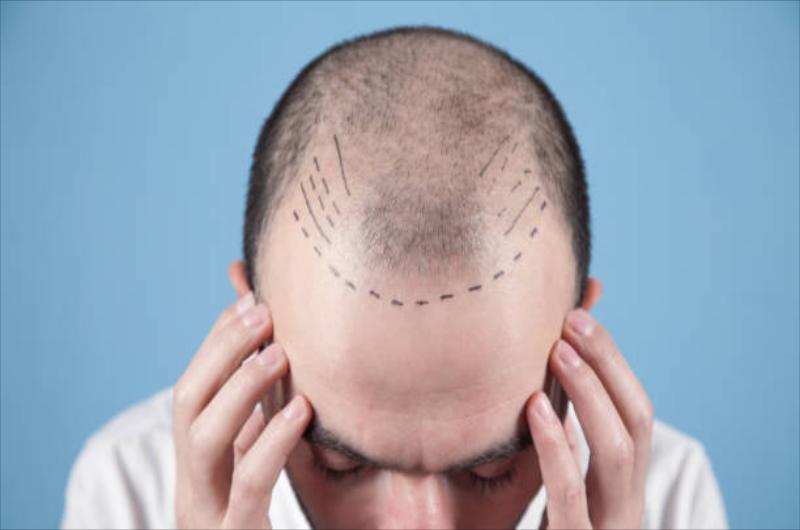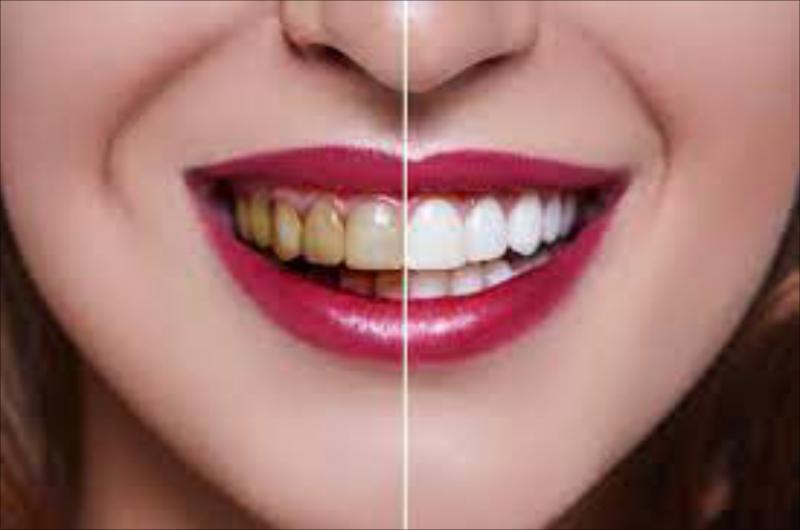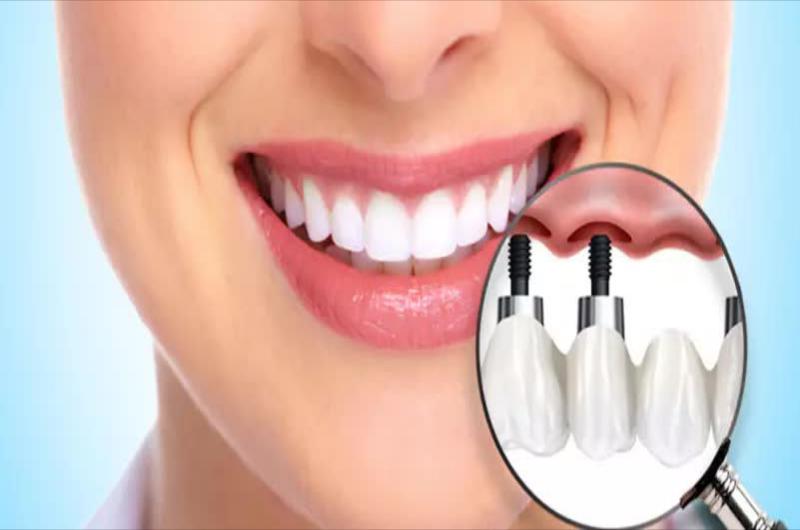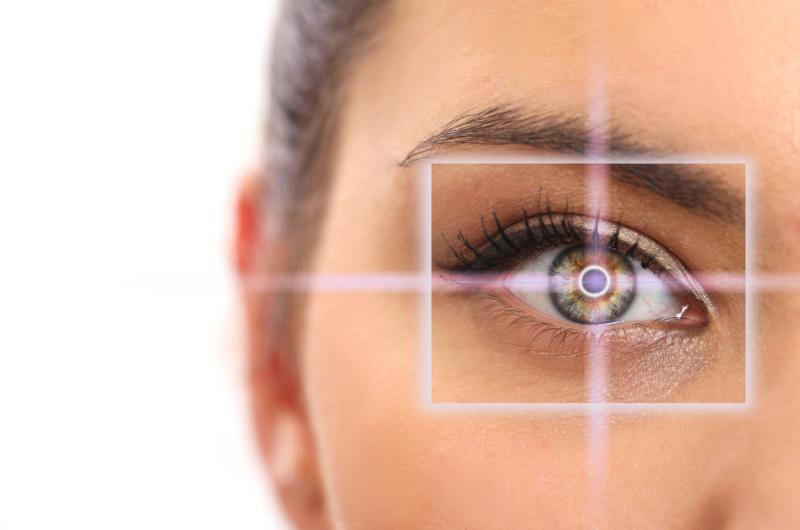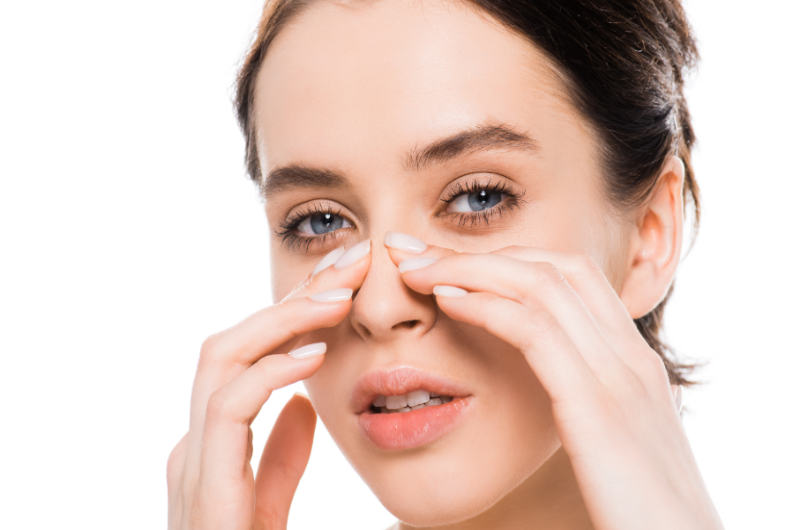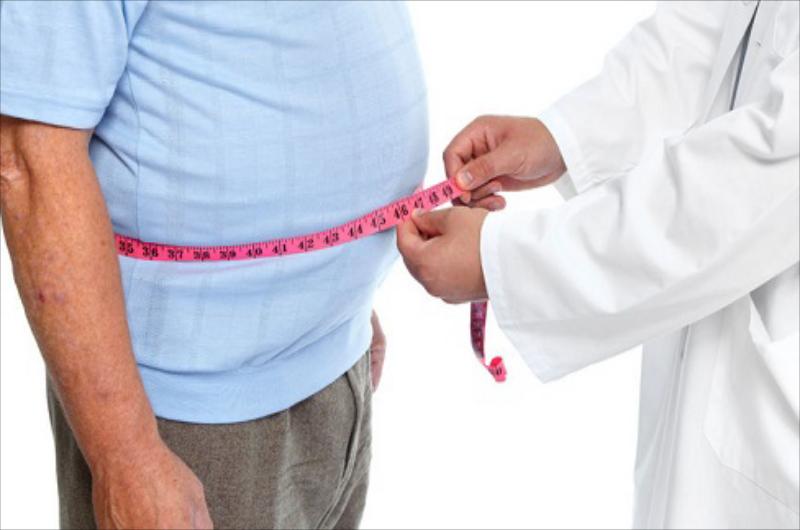Vitality Medical & Research Center
About Hospital
Vitality Medical and Research Center is part of the ADONIS Medical Group. The center is designed to provide the most specialized high-quality medical care using SC.
SC has the ability to divide (multiply) indefinitely, often throughout the life of the organism. Under the right conditions or upon receiving signals, sc can develop into mature parts that have characteristic shapes and specialized functions, such as heart sc, skin sc, or nerve sc. SC can be induced to develop into a specific type of cell that is needed to repair damaged or destroyed tissue.
Why is SC so important for our health?
They can be damaged or destroyed due to injury or illness. When this happens, sc are activated to repair the damaged tissue. They are also involved in replacing other ones when they die naturally. Thus, sc keeps us healthy and prevent the effects of premature aging.
What is the therapeutic effect of SC?
The therapeutic effect of SC is achieved through their ability to differentiate into tissue-specific ones, fuse with resident ones, secrete a wide range of paracrine factors to stimulate survival and functional recovery of resident ons or regulate the local microenvironment and immune response.
The most common diseases in which SC therapy is an effective treatment
Macular dystrophy
• After cell therapy in 63% of patients there was an improvement in visual acuity by an average of 27.6%
• Visual acuity remained stable in 34% of patients in the study group.
Stroke
• Restoration of neurological function, in particular restoration of loss of sensitivity, has been recorded
Diabetes
• Improving the effectiveness of insulin therapy
• Decrease in HbA1c (glycated hemoglobin) - 81% of patients have a decrease in HbA1c by more than 20%
• Reducing the risk of complications of diabetes and reducing severity
• Normalization of metabolism of proteins, fats, carbohydrates
Osteoarthritis
• Regeneration of cartilage and bone tissue
• Increased motor and functional activity of the affected joint
• Accelerate fracture healing
• Expanding the range of voluntary movements
Neurodegenerative diseases
• SC therapy promotes the replacement of lost cells and the regeneration of neurons
• Protect the survival of neurons
Indications
Multiple sclerosis
Acute disseminated encephalomyelitis
Amyotrophic lateral sclerosis
Cerebral palsy
Organic brain damages
Conditions after traumatic brain injuries
Conditions after spinal cord injuries
Dyscirculatory encephalopathy
Consequences of acute disorders of cerebral circulation
Alzheimer’s disease
Parkinson’s disease
Contraindications
But there is a list of contraindications due to health conditions of the patient:
Malignant neoplasms
Critical disorders of blood coagulation system (platelet count ≤50×109)
Severe heart failure
Severe pulmonary failure (SpO2 <90%)
Kidney failure of IV-V degree
Infectious diseases in the acute phase (hepatitis C, hepatitis B, etc.)
Unstable hemodynamics, requiring correction with sympathomimetics
Terminal stage of incurable diseases
Acute stage of injuries or stroke
Pregnancy, pregnancy planning in the near future, breast feeding
Therapeutic effects
Comprehensive therapeutic treatment with SC n Vitality medical center clinic contributes to:
protect neuron survival
play a role in overcoming permanent paralysis and sensory loss and restoring neuro-logical function
Indications
Prevention program for comprehensive improvement of the organism for patients aged over 40
Repair facial skin cells damaged, as well as neck and neckline areas
Hair loss
Contraindications
Malignant neoplasms
Critical disorders of blood coagulation system (platelet count ≤50×109)
Severe heart failure
Severe pulmonary failure (SpO2 <90%)
Kidney failure of IV-V degree
Infectious diseases in the acute phase (hepatitis C, hepatitis B, etc.)
Unstable hemodynamics, requiring correction with sympathomimetics
Terminal stage of incurable diseases
Acute stage of injuries or stroke
Pregnancy, pregnancy planning in the near future, breast feeding
Effect of Therapy
SC is the gold standard in aesthetic regenerative medicine.
Many studies over the years have reported that anti-aging SC therapy helps to slow down and change the aging process of facial skin. Mesenchymal SC is the basis of all regenerative elements in the human body; whenever the body system or organ needs recovery or rejuvenation, SC are important.
SC therapy is widely known as one of the best treatments that helps reduce hair loss problems for both men and women. By collecting and concentrating the number of hair SC and then injecting them into the affected areas, SC is able to repair hair follicles damaged by aging, stress, environmental factors, medications or hormonal changes. This promotes hair growth and reduces hair loss.
Indications
Macular dystrophy
Optic nerve dystrophy
Optic nerve atrophy
Pigmentary retinopathy
Diabetic retinopathy
Compensated glaucoma
Stargardt’s macular dystrophy
As a part of complex treatment of multiple sclerosis
Contraindications
Malignant neoplasms
Critical disorders of blood coagulation system (platelet count ≤50×109)
Severe heart failure
Severe pulmonary failure (SpO2 <90%)
Kidney failure of IV-V degree
Infectious diseases in the acute phase (hepatitis C, hepatitis B, etc.)
Unstable hemodynamics, requiring correction with sympathomimetics
Terminal stage of incurable diseases
Acute stage of injuries or stroke
Pregnancy, pregnancy planning in the near future, breast feeding
Therapeutic effects
What are the effects of SC therapy for Macular degenerations
SC treatment makes 63% of eyes experienced improvement in visual acuity averaging 27.6%
The visual acuity remained stable in 34% of treated patients with macular degeneration.
Indications
Arthrosis and postoperative conditions of the joints
In case the patient is not mentally ready to replace the joint with an endoprosthesis
Chronic and acute damages of articular cartilage
Aseptic necrosis, Koenig’s disease
Fractures of bones that do not grow together for a long time and false joints
Chronic tendon inflammation
Chronic pain around the joints
Rough postoperative and post-traumatic scars
Contraindications
Malignant neoplasms
Critical disorders of blood coagulation system (platelet count ≤50×109)
Severe heart failure
Therapeutic effects
Release proteins (cytokines) that slow down cartilage degeneration and decrease pain.
Regeneration of cartilage and bone tissue.
Regeneration of cartilage and bone tissue.
Increase in motor and functional activity of the affected joint.
Acceleration of fracture healing.
Better clinical scores and radiological outcomes.
Improvement in neurological function at 6 months in 10/20 patients in treatment group.
Higher muscle power and contracture prevention.
Increased range of voluntary motions.
66.7% patients showed recovery of somatosensory evoked potentials.
Improvement of joint, cartilage and ligament tissue quality.
Higher muscle power and contracture prevention.
Severe pulmonary failure (SpO2 <90%)
Kidney failure of IV-V degree
Infectious diseases in the acute phase (hepatitis C, hepatitis B, etc.)
Unstable hemodynamics, requiring correction with sympathomimetics
Terminal stage of incurable diseases
Acute stage of injuries or stroke
Pregnancy, pregnancy planning in the near future, breast feeding
Purulent joint diseases
Bone tuberculosis
Indications
Vitiligo
Trophic skin ulcers
Diabetic foot
Arthrosis and postoperative conditions of the joints
In case the patient is not mentally ready to replace the joint with an endoprosthesis
Chronic and acute damages of articular cartilage
Aseptic necrosis, Koenig’s disease
Fractures of bones that do not grow together for a long time and false joints
Chronic tendon inflammation
Chronic pain around the joints
Rough postoperative and post-traumatic scars
Contraindications
Malignant neoplasms
Critical disorders of blood coagulation system (platelet count ≤50×109)
Severe heart failure
Severe pulmonary failure (SpO2 <90%)
Kidney failure of IV-V degree
Infectious diseases in the acute phase (hepatitis C, hepatitis B, etc.)
Unstable hemodynamics, requiring correction with sympathomimetics
Terminal stage of incurable diseases
Acute stage of injuries or stroke
Therapeutic effect
It s achieved through their ability to differentiate and transdifferentiate into tissue-specific c, fuse with resident c, secrete a wide range of paracrine factors to stimulate survival and functional recovery of resident cells, or to regulate the local microenvironment and immune response.
With regard to surgery, we are talking about diseases such as diabetic feet, incurable ulcers, where SC therapy accelerates the regeneration process.
Indications
Erectile dysfunction
Male infertility (upon prior approval by a doctor)
Contraindications
Malignant neoplasms
Critical disorders of blood coagulation system (platelet count ≤50×109)
Severe heart failure
Severe pulmonary failure (SpO2 <90%)
Kidney failure of IV-V degree
Infectious diseases in the acute phase (hepatitis C, hepatitis B, etc.)
Unstable hemodynamics, requiring correction with sympathomimetics
Terminal stage of incurable diseases
Acute stage of injuries or stroke
Therapeutic effect
Due to the ability of SC to transform into any type (potency) and the ability to produce various growth factors (paracrine function).
The therapeutic effect of SC therapy is to restore the functional activity of other ones and damaged organs and systems in general.
Indications
Thin and non-receptive endometrium
Premature ovarian failure
Amenorrhea
Hypergonadotropism
Hypoestrogenism
Early menopause
Prolongation of ovarian reserve
Polycystic ovary syndrome
Contraindications
Malignant neoplasms
Critical disorders of blood coagulation system (platelet count ≤50×109)
Severe heart failure
Severe pulmonary failure (SpO2 <90%)
Kidney failure of IV-V degree
Infectious diseases in the acute phase (hepatitis C, hepatitis B, etc.)
Unstable hemodynamics, requiring correction with sympathomimetics
Terminal stage of incurable diseases
Acute stage of injuries or stroke
Pregnancy, pregnancy planning in the near future, breast feeding
Purulent joint diseases
Therapeutic effect
Due to the ability of SC to transform into any type (potency) and the ability to produce various growth factors (paracrine function).
The therapeutic effect of cell therapy is to restore the functional activity of other c and damaged organs and systems in general.
Indications
Atrophy of the alveolar bone
Parodontosis
Replacement of dental defects with implants
Contraindications
Malignant neoplasms
Critical disorders of blood coagulation system (platelet count ≤50×109)
Severe heart failure
Severe pulmonary failure (SpO2 <90%)
Kidney failure of IV-V degree
Infectious diseases in the acute phase (hepatitis C, hepatitis B, etc.)
Unstable hemodynamics, requiring correction with sympathomimetics
Terminal stage of incurable diseases
Acute stage of injuries or stroke
Pregnancy, pregnancy planning in the near future, breast feeding
Therapeutic effect
Due to the ability of SC to transform into any c type (potency) and the ability to produce various growth factors (paracrine function).
The therapeutic effect of SC therapy is to restore the functional activity of other c and damaged organs and systems in general.
SC therapy is an attractive modern method of bone and tooth regeneration.
Indications
Diabetes mellitus, type II
Complications of diabetes mellitus of type I and II
Violation of carbohydrate tolerance
Contraindications
Diabetes mellitus, type I (children)
Chronic kidney failure with diabetes mellitus of III-IV degree
Diabetic proliferative retinopathy
Oncological diseases in medical history
Pregnancy, pregnancy planning and lactation
Autoimmune diseases
Acute infectious diseases or exacerbation of chronic infectious diseases
HIV infection
Mental disorders
Drug and alcohol consumption
Fibrosing lung diseases
Strokes and heart attacks in the acute period
Therapeutic effects
Prevention of damage of small vessels and peripheral nerves that leads to disruption of all vital organs
Restore endothelial c of blood vessels damaged by glycosylated hemoglobin
Reduction of the injected insulin dose
Elimination of diabetic ketoacidosis
Improve insulin-dependent tissue and insulin secretion condition
Helps to normalize glucose level in blood
Increase of insulin therapy efficiency
Reduction of HbA1c (glycated hemoglobin)
Reduction of the risk of diabetes complications and decrease of severity of their manifestations
Normalization of metabolism of proteins, fats, carbohydrates
Improvement of metabolism and allow patients to feel more active and energetic normalization of hormonal and immune status
Facilitates to microcirculation improvement in all organs
Indications
POST-COVID syndrome
The long-term and frequent consequences of the disease include:
stuffiness;
lung damage;
fatigue;
insomnia;
joint and chest pain;
occurrence of blood clots;
vision problems;
memory impairment.
For patients who have undergone COVID-19, specialists have developed special treatment programs using cellular material from the umbilical cord.
Contraindications
Oncological diseases in medical history
Pregnancy, pregnancy planning and lactation
Autoimmune diseases
Acute infectious diseases or exacerbation of chronic infectious diseases
HIV infection
Mental disorders
Drug and alcohol consumption
Fibrosing lung diseases
Strokes and heart attacks in the acute period
- TV in the room
- Medical records transfer
- Interpreter services
- Airport pickup
- Flight booking
- Free Wifi
- Private rooms for patients available
- Parking available
- Nursery / Nanny services
- Visa / Travel office
- Laundry
- Religious facilities
- Rehabilitation
- Personal assistance / Concierge
- Hotel booking
- Local tourism options
- Phone in the room
- Special dietary requests accepted
- Family accommodation
- Spa and wellness
- Beauty salon
- Foreign currency exchange office
- Dry cleaning
- Restaurante
- Pharmacy
-
Payment Methods
Cash - Credit cards - Bank account
-
Patient's Age
Any
-
Documents Language
The hospital is ready to study medical records in the following languages:
English - French - Turkish - Russian - Romanian
-
Transfer
Airport to Hospital Free
Hospital to Airport Free
-
Accommodation
Hotel (apartments) near the hospital, billed daily $50 - $100
-
Translator
English - Russian - Persian - Georgian - Arabic Free

